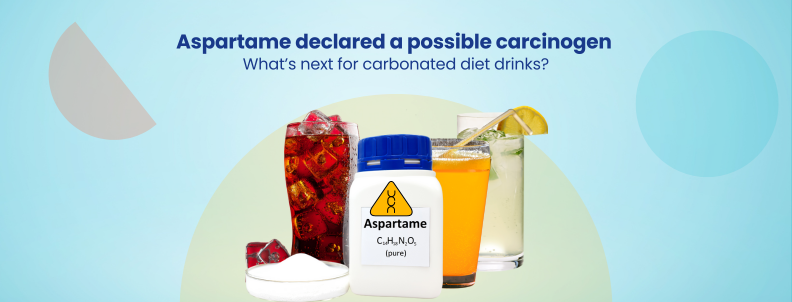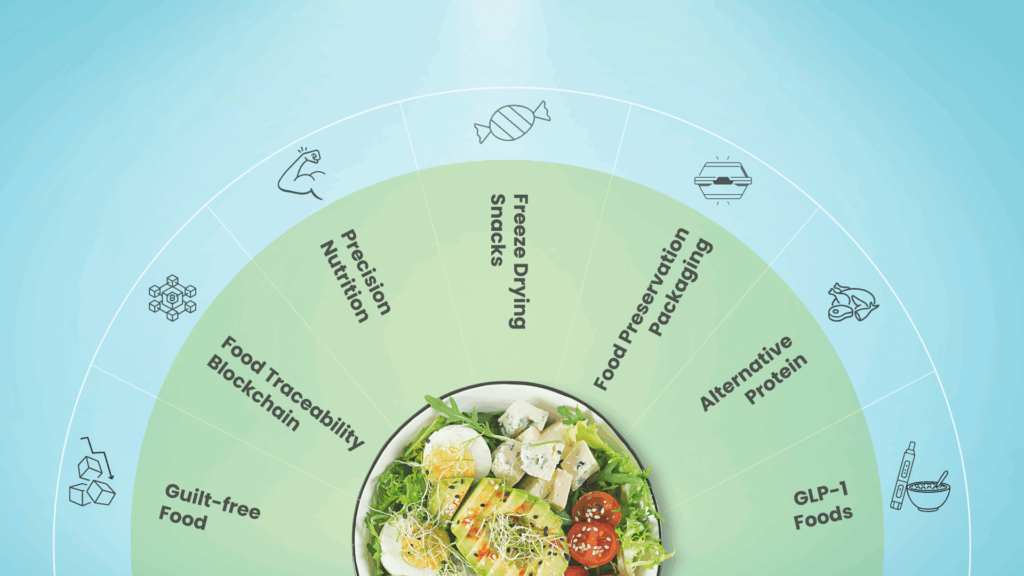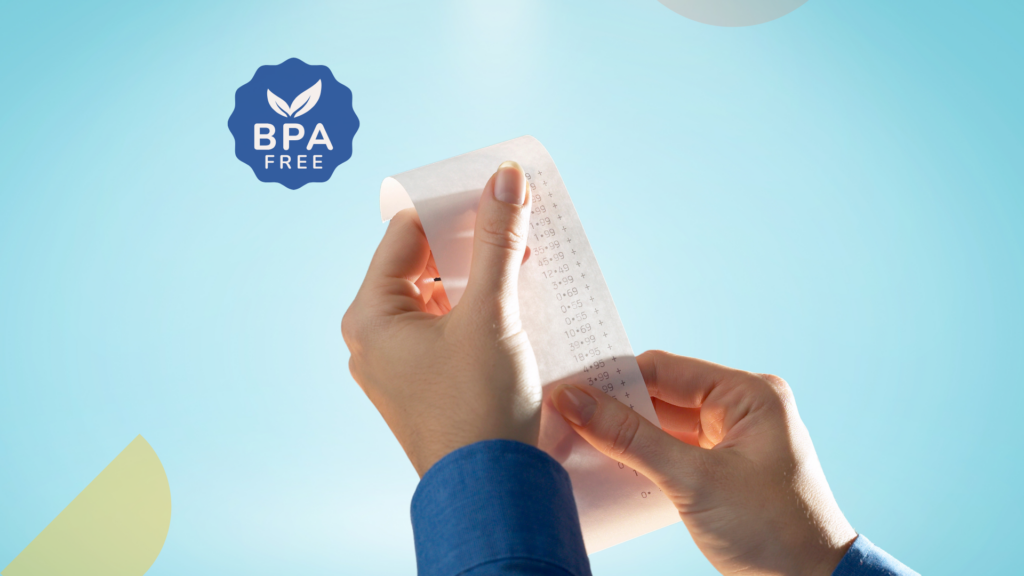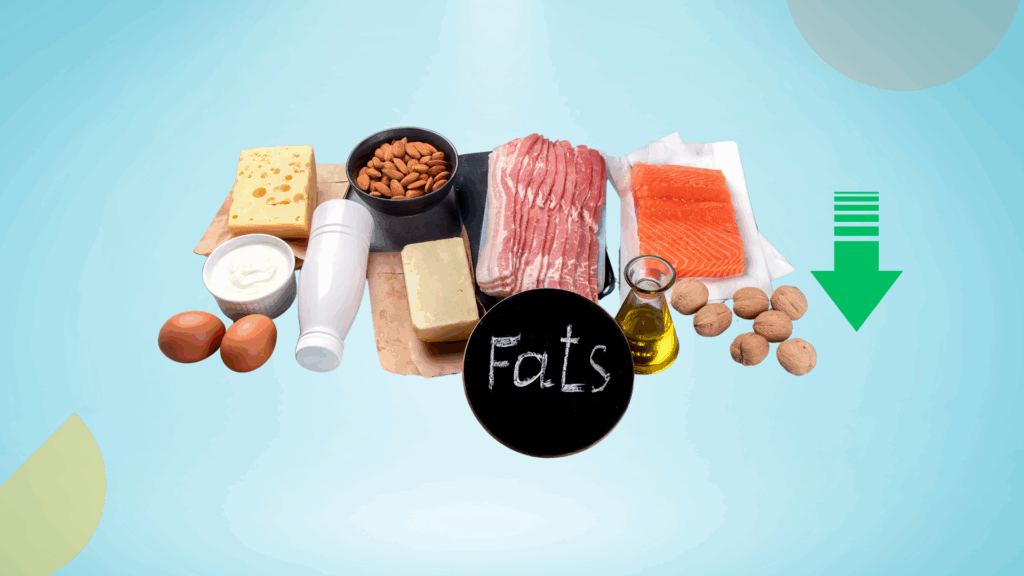The recent news claims Aspartame is carcinogenic and will soon be banned. With almost every sugar-free beverage you can name, including Coke Zero, Diet Snapple, Fanta Zero, and Crystal Light, using it as an artificial sweetener, the news raised many eyebrows on the future of carbonated diet beverages. Will the R&D teams find Aspartame alternatives and change the formulations to suit the verdict? Or will the entire product line disappear?
To answer this, let’s start with when Cyclamate (artificial sweetener), an essential component of Coca-Cola’s first diet beverage, Tab, was banned.
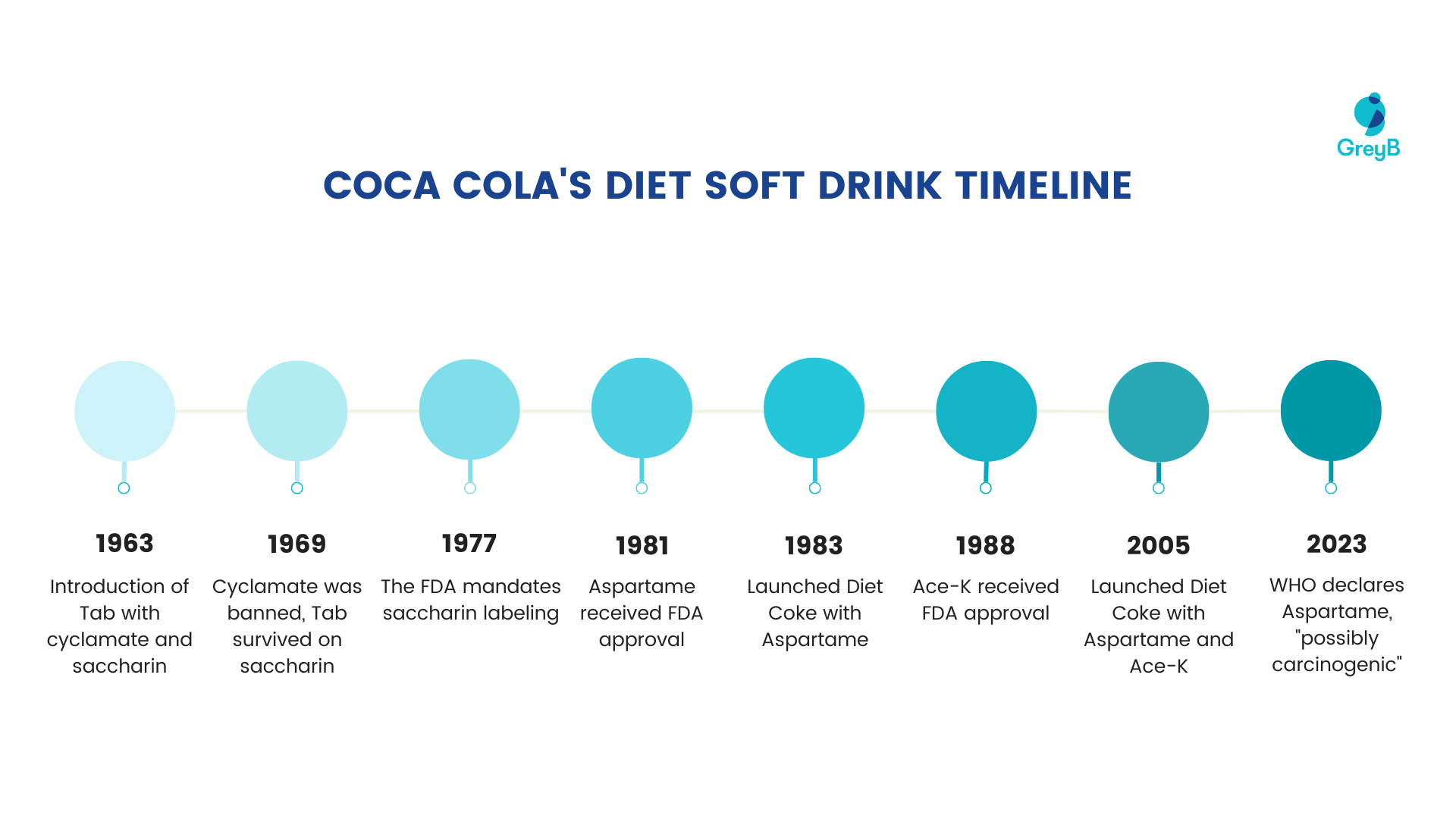
Tab, the first diet beverage by Coca-Cola
Launched in 1963 by Coca-Cola, Tab contained Saccharin and Cyclamate as sweeteners. The use of artificial sweeteners with zero calorific value was at its peak during this time and helped garner the attention of the calorie-conscious population and those with diabetes.
However, Cyclamate was banned in 1969 as studies claimed it to be carcinogenic.
Tab’s survival on Saccharin
The ban greatly impacted Tab as Cyclamate was critical to mask the bitter aftertaste of Saccharin when used in large quantities. With no choice left, makers had to reformulate the composition using Saccharin as a primary sweetener in Tab.
But soon after, studies found that excessive use of Saccharin can also be carcinogenic. FDA-mandated labeling of products containing Saccharin. Despite Saccharin being labeled carcinogenic, Tab remained the most popular diet beverage during the 1970-1980s, indicating its addiction and people turning a blind eye to health effects.
The introduction of Aspartame in Diet Coke and the decline of Tab
After many hurdles, Aspartame finally received FDA approval, and the market saw the emergence of a new sweetener in 1981.
It was first used with Saccharin in Tab but did not satisfy the consumers and faced disapproval, forcing them to return to their original formulation.
In the same period, Coca-Cola launched a new product range called Diet Coke, which contained Aspartame. Since Aspartame offered sweetness without a bitter aftertaste, it quickly gained popularity, and a massive shift from Tab to Diet Coke was observed in the market.
In the following years, Aspartame and Acesulfame Potassium (Ace-K) introduced many different versions of Diet Coke in the US market. However, Coca-Cola still used Cyclamate in regions like Europe, where the ingredient was reapproved.
Will Diet Coke survive on Acesulfame Potassium if Aspartame is banned?
The verdict by WHO declaring Aspartame as ‘Possibly carcinogenic’ and to be used within specified limits has raised safety concerns regarding its long-term consumption. But can the product line survive the market using Acesulfame Potassium as the primary sweetener?
As per our observations, It’s doubtful for diet beverages to survive solely on Acesulfame Potassium as a primary sweetener. This is because it has a bitter aftertaste and has not been used alone as a sweetener until now. Additionally, since multiple studies claim Acesulfame Potassium also has health side effects, it may face the same fate as Aspartame.
This calls for the development and discovery of natural sweetener compositions. So, we thoroughly observed and compiled a list of potential alternative sweeteners (both artificial and natural) that the industry giants are currently studying. We also found which of these alternatives, though approved for now, might face the same fate as Aspartame. Further, we analyzed two sweeteners that can replace Aspartame completely. Here’s a sneak peak of the 5 out of the 10 Aspartame alternatives-
Aspartame alternatives researched by industry giants
| S. No. | Sweetener | Regulatory Approval | Type | Calories per gram | Aftertaste | Taste onset | Stability at pH3 |
| 1. | Neotame | Approved | Artificial | 0 | None | Immediate | Stable |
| 2. | Advantame | Approved | Artificial | 0 | None | Immediate | Stable |
| 3. | Stevia derivatives | Approved | Natural | 0 | Bitter | Immediate | Stable |
| 4. | Mogrosides | Approved | Natural | 0 | Bitter | Immediate | Stable |
| 5. | Thaumatin | Approved | Natural | 4 | Licorice | Immediate | Stable |
Interested in getting your hands on our complete research on Aspartame alternatives? Just fill out the form below, and we’ll send it straight to your inbox.
Coca-Cola and Pepsi have their Plan B ready
The diet beverage industry has thrived on artificial sweeteners, particularly Saccharin and Aspartame, even after concerns were raised about their long-term impact on health for several decades. However, the growing awareness amongst health-conscious consumers and government organizations has pushed the industry to develop alternative sweeteners derived from natural substances, which could replace Aspartame.
The current generation is much more aware of the potential side effects of the products they consume. This shift in preference towards health rather than taste among a significant portion of the population will lead to the introduction of a new range of diet beverages containing natural sweeteners that do not pose long-term health implications.
We also found emerging startups like Better Juice, Arboreal, and BlueTree researching sugar reduction techniques and deploying them in fruit juices. See the entire list of companies and startups meeting the UK and EU Sugar Reduction Plan in 2023.
A comprehensive research on these technologies can reveal whether these solutions can also be implemented in carbonated diet beverages.
Request a study to find the best-suited sugar reduction solutions for your product today!
Authored By: Suborna and Sushant, Intelligence team

